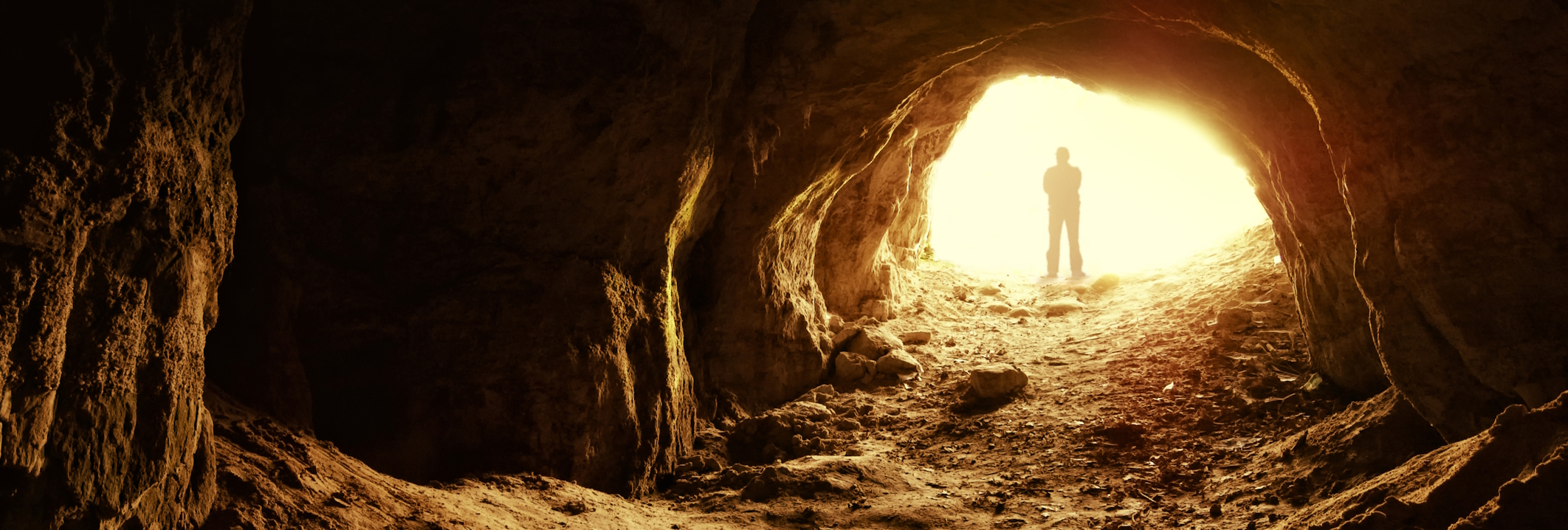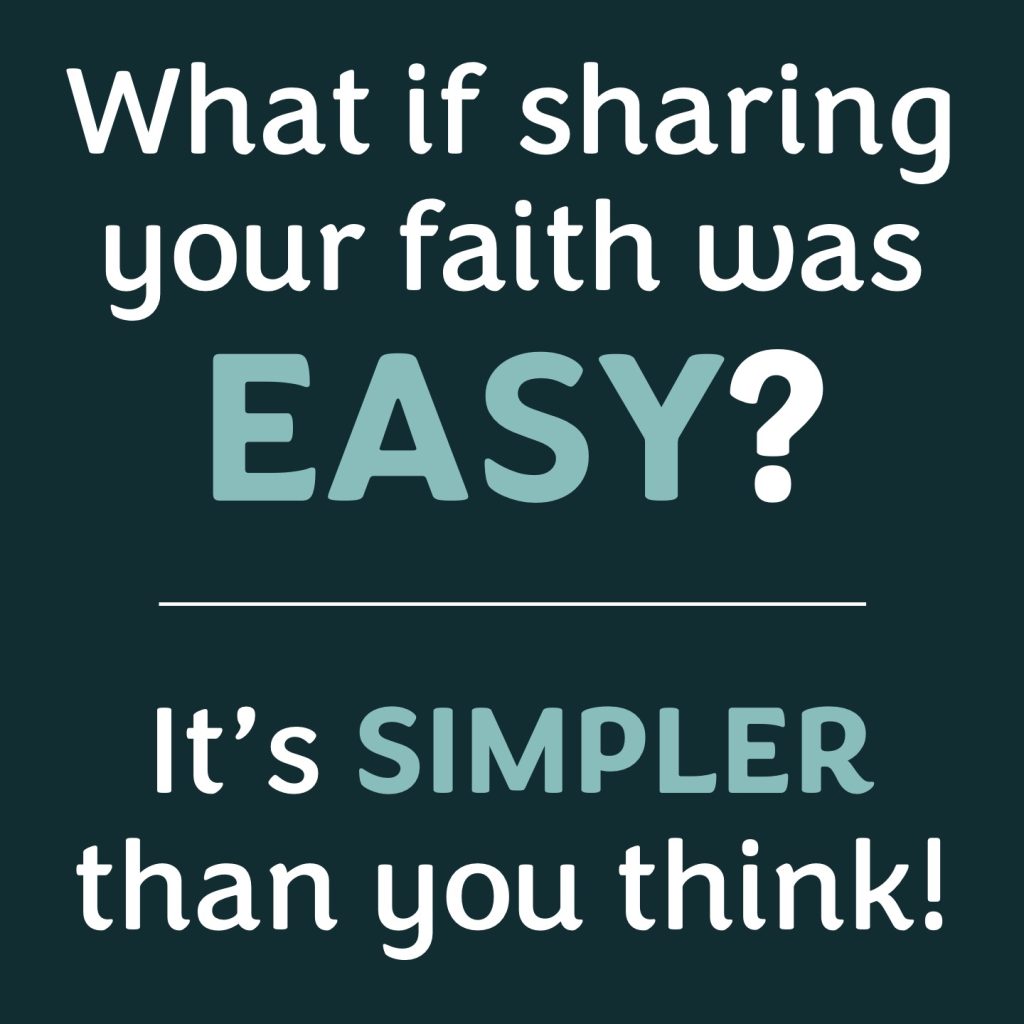From Darkness to Light
 Reading Time: 4 mins
Reading Time: 4 mins
In a world shaped by stories of heroes and villains, we instinctively see a dichotomy between good and bad. Whether it’s a superhero or our favorite team, we naturally separate these two categories. We love to make movies, write books, and share stories about good defeating evil, the superhero beating up the villain, or even the criminal being caught. One of the most common analogies we use to describe this stark contrast is darkness and light. Whether it’s night and day, Yin and Yang, or Darth Vader and Luke Skywalker, we are hardwired to notice the difference.
An interesting example of this dichotomy is found in Plato’s Republic. In this work, Plato describes people who have been chained up in a cave since their birth. Every living moment has been surrounded by darkness. Chained facing a rock wall, they can only see the flickering of a distant fire behind them. All they have ever known is pure darkness and the dim radiance of a flame. To them, reality is simply shadows on a wall.
Suddenly, one of the men is set free. He leaves his chains behind and begins his journey toward the real world.
But as he reaches the front of the cave, he’s stopped in his tracks, blinded by the pure sunlight. This light is like nothing he’s ever seen.
His eyes are flooded with tears as his world is turned upside down. He’s overwhelmed with joy as he realizes he is truly and finally free.

The vivid picture that Plato paints is an allegory for truth and the overwhelming power philosophy has in enlightenment. To Plato, we’re all born in a cave of ignorance, chained by the shackles of a weak mind and a broken world. We must break free from these chains and ascend to the truth of reality, not just false shadows on a wall. We must walk into the light: the realm of truth and knowledge found only through philosophy.
But isn’t it interesting how familiar Plato’s allegory seems to Christ-followers? It’s hard not to hear this and immediately think of our conversion. Plato saw the brokenness in creation and tried to find the solution in man’s intellect and abilities. We are the people born shackled in a cave. The book of Colossians says that we were born in the domain of darkness. We don’t have the power to free ourselves from that bondage. We need Christ; He’s our only hope.
The good news of the gospel is not that we can use our intellect or philosophical prowess to slowly climb our way into good standing with God, but that through faith in Jesus, we can be set free. Like the man in Plato’s story, we’re overwhelmed when we experience the true light of the gospel. We’re blinded by its beauty, and we fall on our faces in awe.
The New Testament is saturated with this language of light and dark. John used it throughout his writings, describing Jesus as the light that came into the world and the light that set His people free. Jesus Himself claimed to be the light of the world. Peter talks about living in the marvelous light of God, and Paul speaks of being transferred out of darkness and into the light.
I often am reminded of Plato’s allegory when I sing one of my favorite hymns.
Long my imprisoned spirit lay,
And Can It Be
Fast bound in sin and nature’s night;
Thine eye diffused a quickening ray—
I woke, the dungeon flamed with light;
My chains fell off, my heart was free,
I rose, went forth, and followed Thee.
Charles Wesley
Without realizing it, Plato painted a beautiful picture of our salvation, but it doesn’t end with the man sitting in the sunlight forever. What would any sensible person do when they’ve just experienced a life-altering moment like this? They would go back to rescue the others! Like Charlie with the Golden Ticket, the man ran to the cave. He ran with the greatest news his friends could ever hear. Yet, as he entered the cave, he could no longer see. His eyes, now forever accustomed to the brilliance of reality, could no longer perceive the shadows of darkness. As he begged his friends to follow him into reality, they gnashed their teeth and cursed him, swearing never to be blinded as he was.
Once again, Plato hits the nail on its head. After hearing the gospel and knowing of its truth and goodness, we earnestly desire to share it with others. We can’t help but share. But when we do, we are often met with hatred and hostility. It’s easy to be frustrated, but how quickly do we forget the big picture? The Lord is the one who changes hearts, not us. We are faithful to share the good news of the light, but it’s not our job to uncuff people and drag them away (nor can we).
In light of Plato’s allegory, let’s remember Jesus’ words from Matthew 5:14-15—that we are the light of the world. He tells us to not subdue or diminish that light but to keep it where all can see. As the song says, “This little light of mine, I’m gonna let it shine.”
Will we be bold to be the light of Christ to a dark and dead world, a world that is shackled in sin? Will we shy away from opportunities to share our faith, or seek them out? In a world of darkness, let’s boldly shine the radiant truth of the gospel. Let’s embrace our rescue from darkness to light and echo the call to be the unwavering light of Christ in this dark world.
